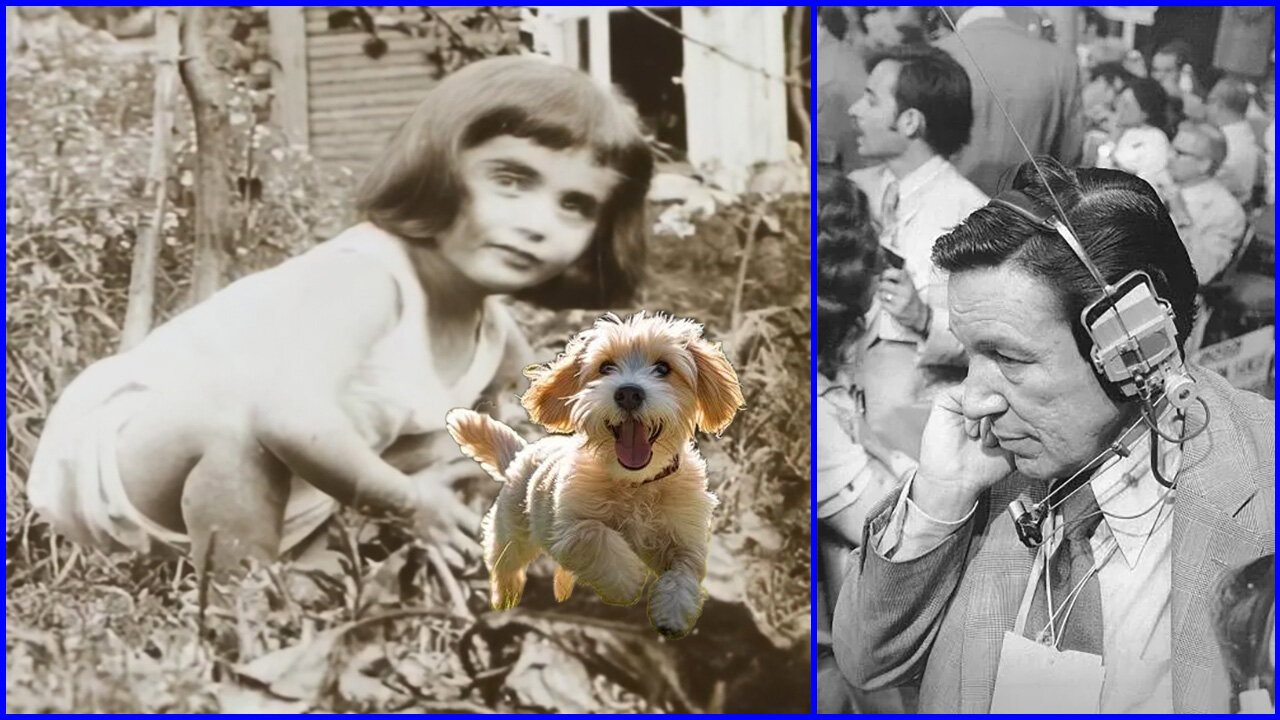Premium Only Content

The Mike Wallace Interview with Ayn Rand (1959)
Broadcast Date: April 25, 1959
Place: New York City (WABD-TV studio, Metromedia, now defunct)
Series: The Mike Wallace Interview (ABC television series)
Context and Significance: This interview stands as one of the most iconic early televised moments in Ayn Rand’s career. Occurring two years after the publication of her monumental novel Atlas Shrugged (1957), the interview introduced Rand’s philosophy, Objectivism, to a broader American television audience. It is also one of the rare moments where she engages directly, unscripted, with mainstream media.
Mike Wallace, known for his probing, often skeptical interview style, confronts Rand with questions about her controversial views on self-interest, altruism, religion, capitalism, and morality. The result is a fascinating clash between mid-20th-century American liberal-conservative sensibilities and Rand’s radical individualism.
Highlights of the Interview: Altruism vs. Egoism: Rand bluntly rejects altruism as “evil,” defining it as a moral code that demands self-sacrifice. She defends rational self-interest as the only ethical basis for human action.
Capitalism as the Ideal System: Rand insists that laissez-faire capitalism, not the mixed economy of the 1950s, is the only moral and practical political system—because it recognizes and protects individual rights.
Religion: When pressed on religion, Rand unapologetically calls herself an atheist, arguing that belief in God is irrational and undermines the role of reason.
The Role of Government: Rand reaffirms her view that the only legitimate function of government is the protection of individual rights—police, courts, and military—and nothing more.
Mike Wallace’s Role: Wallace takes the position of the skeptical but respectful journalist. He challenges Rand’s definitions, occasionally pushes back with concern over the social implications of her ideas (e.g., What happens to the poor or disabled under Rand's system?), and frames questions in a way that reveals just how alien Rand’s views were to mainstream American thought in 1959.
Wallace seems particularly taken aback by Rand’s moral absolutism and her rejection of compassion as a moral imperative, though he remains composed throughout.
Ayn Rand’s Demeanour: Rand is precise, intense, and unswervingly confident. She speaks in controlled, almost professorial tones, carefully defining her terms. Though her accent and clipped cadence can sound abrasive, her intellectual conviction is unmistakable. She never hedges or softens her views for mass appeal—something that distinguishes her from many public intellectuals of the time.
Legacy and Reception: This interview has been replayed and analyzed extensively in the decades since its airing. For admirers, it captures Rand at her intellectual prime—unyielding, provocative, and clear. For critics, it confirms the rigidity and extremism of her worldview.
It is now frequently studied in philosophy, media studies, and political science courses. Clips circulate widely online and are referenced in debates about Objectivism, libertarianism, and the ethical foundations of capitalism.
Verdict: The Mike Wallace Interview with Ayn Rand remains one of the most important televised philosophical exchanges of the 20th century. It offers a sharp, unsentimental window into Rand’s worldview and captures the collision between American postwar sensibilities and an emerging radical individualist ethos. Whether one agrees with her or not, the interview is intellectually bracing and historically significant.
-
 7:02
7:02
Sugar Spun Run
1 day ago $1.17 earnedBrownies from Scratch
25.3K5 -
 10:07
10:07
The Official Steve Harvey
15 hours ago $0.35 earned82 Years of Love, Laughs & Keeping It Real
5.72K1 -
 7:00
7:00
DropItLikeItsScott
15 hours ago $0.95 earnedIs This The Best 1911 Pistol Ever Made? Oriskany Arms 1911
9.23K2 -
 2:03:01
2:03:01
MG Show
20 hours agoBiden Auto Pen Scandal; President Trump White House Religious Liberty Commission
17.7K15 -
 14:18
14:18
Actual Justice Warrior
3 days agoBody Camera Video DESTROYS BLM Hoax
15.7K14 -
 21:17
21:17
itsSeanDaniel
1 day agoCNN Host's Vaccine Lies BACKFIRE in Front of MAGA Doctor
14.6K18 -
 1:00:48
1:00:48
Dialogue works
1 day ago $1.96 earnedMark Sleboda: Putin DROPS a Bombshell on Trump… as China & India Shake the World!
24.1K4 -
 8:03
8:03
MattMorseTV
18 hours ago $8.44 earnedTrump just GAVE THE ORDER.
60.3K40 -
 11:23
11:23
Nikko Ortiz
17 hours agoArmy Tik Tok Fails Go Hard
15.4K2 -
 2:04:38
2:04:38
Side Scrollers Podcast
20 hours agoEveryone HATES Baseball Karen + Gaming’s Newest Virtue Signal + MORE | Side Scrollers Live
38.3K7